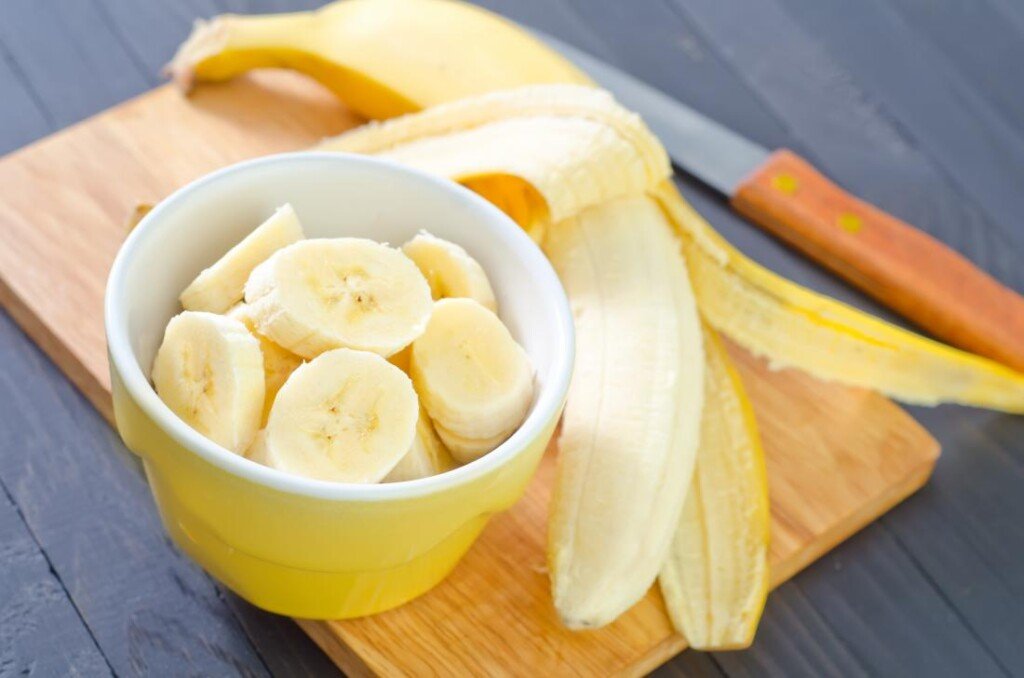More than 60 million Americans experience heartburn every month, a condition that can be uncomfortable at best, and cause serious health problems at worst, according to NIH MedlinePlus Magazine.
According to Christopher Marshall, MD, clinical chief of gastroenterology at UMass Memorial Health in Worcester, Massachusetts, heartburn is the main symptom of acid — stomach acid works its way into the esophagus, causing a burning sensation in the chest, typically after meals.
“There is a muscle at the very bottom for the esophagus called the lower esophageal sphincter. When that is looser or relaxed, that allows stomach acid to get up into the esophagus,” Dr. Marshall says, adding that if reflux is severe enough, it can damage the esophagus, but in many people, it causes temporary discomfort and irritation.
If this is chronic, a person may be diagnosed with gastroesophageal reflux disease (GERD), where stomach acid, and sometimes stomach contents, move up into the esophagus.
Triggers are different for everyone, but there are some classic triggers for heartburn Marshall recommends his patients avoid. Here are eight ways you can prevent heartburn and stop the pain if it’s already set in.
1. Figure Out What Works for You
While there are well-known heartburn triggers that are quite common, every person is different — and they have different triggers, too.
To actually treat heartburn or avoid getting it in the first place. Keeping a log of heartburn episodes, including what you ate and what you did immediately after eating, can help you identify what might make yours worse. “It’s all about developing an individualized plan based on what works for you,” says Matthew Hoscheit, MD, a gastroenterologist at Cleveland Clinic in Ohio.
2. Stay Upright After Eating
One thing Dr. Hoscheit recommends everyone do is refrain from laying down for a few hours after eating. It can be tempting, but evidence shows the habit is likely to worsen your chances of getting heartburn.
A meta-analysis that reviewed 42 studies on the subject, published in the journal Therapeutics and Clinical Risk Management, found that sitting or walking after a meal, instead of laying down, seemed to lower GERD symptoms, including heartburn.
“The process of digestion is going to take a couple hours and what happens is food sits in the stomach for a while,” Hoscheit says. “Eat sitting upright and maintain that upright position after. You can sit on the couch (but avoid slouching), you can go for a walk — just don’t lay down.”
3. Time Your Meals
Hoscheit also recommends timing your meals so you have at least two hours between when you finish eating and bedtime.
The Therapeutics and Clinical Risk Management study also found that going to sleep within three hours of eating a meal was a clear heartburn trigger. “If you lay flat on your back after you eat, your stomach will be completely horizontal with the esophagus and acid can more easily slip up,” Hoscheit says.
He recommends giving yourself between two and four hours between eating and bedtime. “That might mean you have to move your dinner time earlier or move bedtime later,” he says.
Once in bed, some people find it helpful to prop themselves up with a few pillows so their chest stays elevated during sleep, too, says Marshall.
4. Eat a Banana
Sometimes you do what you can to prevent heartburn but it takes hold anyway. In those cases, eating any bland food can help heartburn subside. Bland foods bind to stomach acid and neutralize it, buffering its ability to cause discomfort, says Hoscheit.
The same bland foods won’t work for everyone, so try a few different foods if bananas don’t work and keep track of what seems to best quell your symptoms.

5. Try Alkaline Water
A randomized, placebo-controlled phase 3 trial by German researchers, published in 2023, in the journal BMJ Open Gastroenterology, found that bicarbonate-rich mineral water, sometimes sold as alkaline water, is an effective remedy for heartburn in many people. The study included nearly 150 people and found that people who were treated with alkaline water were 20 percent more likely to report heartburn relief than those who took a placebo.
6. Keep Over-the-Counter Antacids on Hand
There are plenty of options for over-the-counter antacids that can be taken as-needed when heartburn kicks in. Hoscheit recommends determining which one works best for you and keeping some with you, especially when you go out to eat.
7. Talk to Your Doctor About Stronger Medication if Needed
If you have chronic symptoms that aren’t managed with over-the-counter antacids, you can talk to your doctor about stronger medications.
While stronger medications are generally safe, it’s best to work with your doctor to find the lowest dose and safest medications that control your symptoms.
A review published in the journal Gastroenterology, concluded that all patients taking a PPI should have a regular review of the ongoing indications for use and documentation of that indication to determine if that is the right course of treatment.
“There are so many different things that can be great for reflux, but they work in different ways,” Hoscheit says.
Marshall warns that chronic heartburn can also be caused by a common condition called a hiatal hernia, which pushes the esophagus up past where it should be. A doctor can diagnose the condition and decide what the best course of treatment may be.
8. Make Lifestyle Changes Wisely
Losing weight if you have obesity and quitting smoking can both make a huge difference in the amount of heartburn a person experiences, says Hoscheit.
Excessive adipose tissue around the belly can also push on the stomach, causing acid reflux, Marshall says.
“When I manage people with reflux, I generally recommend diet and lifestyle changes rather than adding things to their diet,” he adds. “There are some people who get relief from things like alkaline water, but it’s putting a bandaid on the problem rather than addressing it.”
Read more:https://www.healthevoke.com/9-high-fat-foods-benefits/
